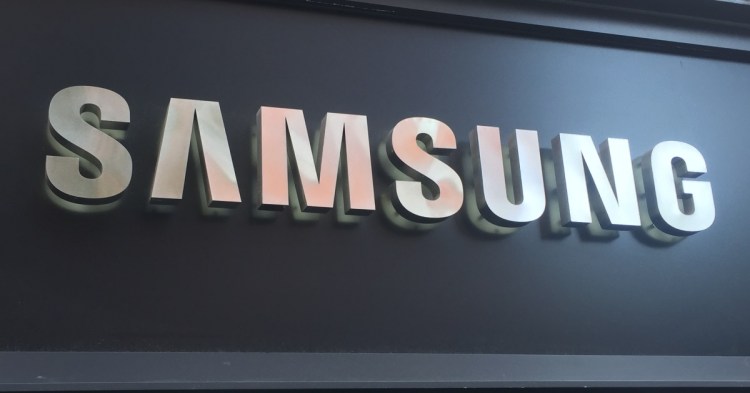SEOUL (By Se Young Lee, Reuters) — South Korea’s Samsung expects third-quarter profit grew 5.6 percent, beating estimates, as a pickup in chip and display earnings likely offset the impact of a global smartphone recall that has roiled the tech giant.
The world’s biggest smartphone maker said in a brief filing on Friday its operating profit for July-September was likely 7.8 trillion won ($7 billion), compared with the 7.4 trillion won tipped by a Thomson Reuters StarMine SmartEstimate of analysts’ forecasts. A year earlier operating profit was 7.4 trillion won.
The firm won’t issue full results until late October and gave no details on the cost of recalling about 2.5 million Galaxy Note7 phones after batteries caught fire. Analysts have said the Note7 woes — rumbling on with Wednesday reports of a smoking battery in a replacement device – could have undercut mobile earnings by at least 1 trillion won.
Revenue for the quarter likely fell 5.2 percent to 49 trillion won, the South Korean firm said, less than the Thomson Reuters StarMine SmartEstimate of 51.1 trillion won.
“Obviously the Note 7 recall costs were reflected but (business) segments such as memory and OLED (organic light-emitting diode) displays did well and will probably continue to do so until at least next year,” said IBK Asset Management fund manager Kim Hyun-su.
Samsung’s semiconductor business — the world’s top memory chip maker — is thriving as Apple and peers boost the global market, seeking chips for new iPhones and other products launched ahead of the peak year-end sales season. Germany’s Dialog Semiconductor, an iPhone chip supplier, said on Thursday its revenue beat expectations.
Note7 chip boost?
Ironically, the Note7 problems could also boost Samsung’s chip business. Industry executives say the sudden need for chips in 2.5 million replacement phones is exacerbating already tight memory market conditions, which could push prices higher.
Paul Romano, chief operating officer at U.S.-based electronic component distributor Fusion Worldwide, said the firm’s clients, which include Samsung, are currently having a harder time procuring memory chips. Some smartphone makers are also trying to secure more of the chips as they see an opportunity capitalize on Samsung’s mis-steps and boost handset sales, Romano said.
“Sometimes this creates a seize mentality – everyone tries to manage the risk,” said Romano. “Often the response is to procure new product, trying to grab what’s left of a shrinking pile of supply.”
Researcher TrendForce says contract prices for DRAM chips — used in temporary data usage — will rise by more than 10 percent in October-December. Demand is outpacing supply in the market for NAND chips used for long-term data storage during the third quarter, the researcher added, tipping prices to continue rising.
Samsung shares were up 0.5 percent at 1.7 million won at 0220 GMT, compared with 0.3 percent fall for the broader market.
The stock touched a record high of 1.716 million won on Thursday after Samsung said it was “carefully reviewing” the proposals by activist investor Elliott Management for a radical corporate makeover that would split Samsung Electronics into a holding vehicle for ownership purposes and a separate operating company.
Samsung didn’t comment on Friday on how it plans to respond to the Elliott proposals.
(Reporting by Se Young Lee; Editing by Kenneth Maxwell)
VentureBeat's mission is to be a digital town square for technical decision-makers to gain knowledge about transformative enterprise technology and transact. Learn More

